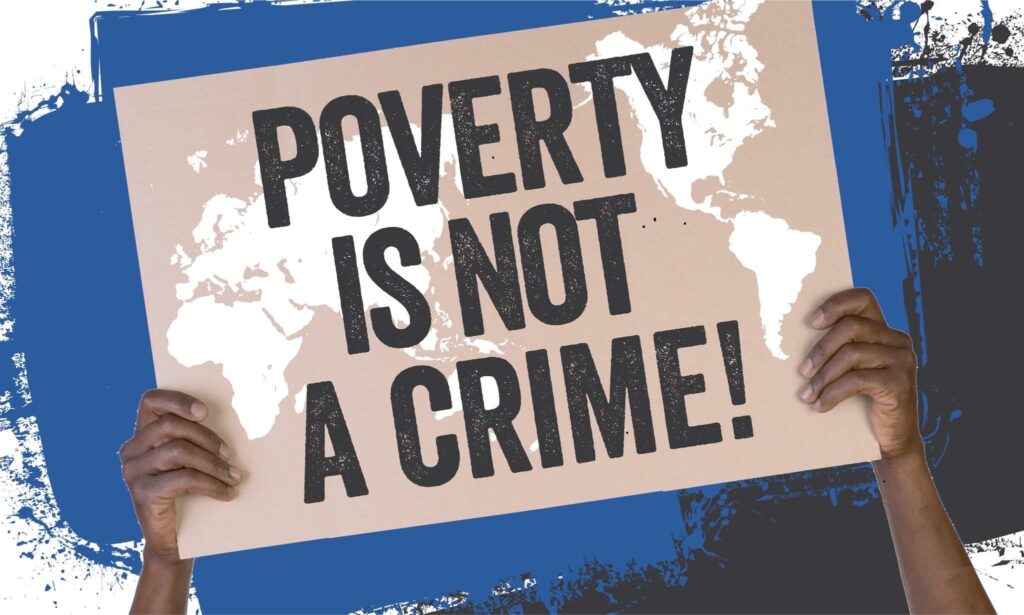
This article has been taken from the Annual Report 2021 of Avocats Sans Frontières.
In Morocco, as in other countries, ASF is committed to the decriminalisation of poverty and minor offences. These offences mainly affect vulnerable groups, particularly people in a precarious socio-economic situation and people who suffer discrimination on the basis of their gender, origin or sexual orientation. The criminalisation of these types of offences contributes greatly to congestion in prisons and therefore to prison overcrowding in many countries, particularly in Africa.
The Pan-African Campaign for the Decriminalisation of Poverty and Minor Offences, which originated in English-speaking Africa, was launched in Morocco in 2021 in the context of the global Covid-19 pandemic. During this period, the number of arrests has been on the rise and has put further strain on an already overburdened prison system. ASF and its partners, Adala and the Moroccan Prison Observatory (OMP), joined forces to strengthen the dialogue between civil society actors with the aim of defining a common strategy for advocacy and legislative reform.
The partners organised an experience sharing workshop between Tunisian and Moroccan actors to identify priorities and strategy for the campaign in both countries. In Morocco, the opportunity is all the more important as the country committed to reforming its penal code in 2013 by adopting the “Charter for the reform of the judicial system”. It is therefore essential for civil society actors to seize this moment to address the authorities, particularly the Ministry of Justice and the Parliament, to promote an overhaul of the penal code that takes into account the experiences of those subject to trial and the discriminatory nature of the criminalisation of poverty and minor offences, in order to respond to the problem of prison overcrowding in the country.



